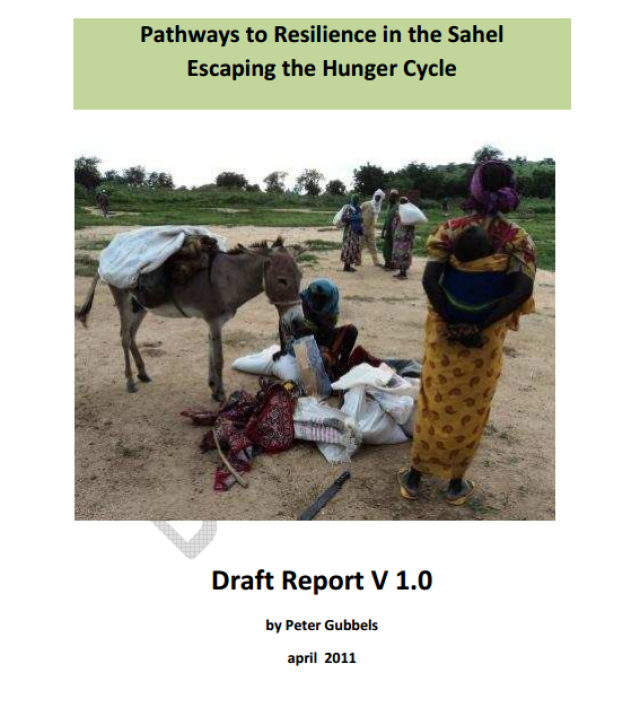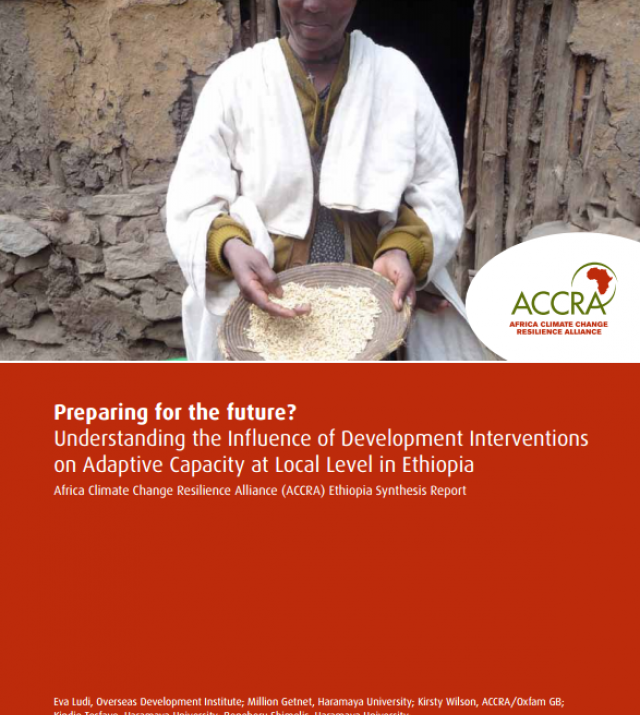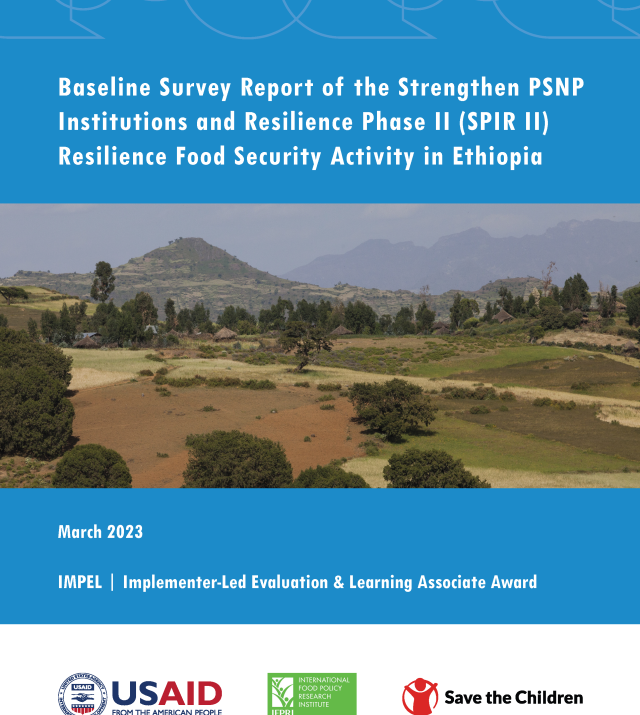
Ethiopia: The Path to Self-Resiliency

This summary report is the result of a research effort conducted by CHF – Partners in Rural Development and coordinated by the Canadian Network of NGOs in Ethiopia (CANGO) to assess the factors that contribute to the vulnerability and resilience of communities and households in rural Ethiopia. The overall purpose of this study is to provide insights on how best to promote self-resiliency for the chronically food insecure, both at the household and community levels. It is also intended to provide guidance on means of improving the effectiveness and complementarity of PSNP, OFSP and NGO interventions by employing a sustainable livelihoods approach to examining the vulnerability and resilience of beneficiary households and communities.
Another key contribution of this study is the identification of livelihoods-specific criteria for PSNP and OFSP graduation, as well as thresholds for achieving household resilience. Finally, in an effort to enhance the effectiveness of ongoing food security programs in Ethiopia, the study offers recommendations for improving linkages between existing government and non-government interventions in order to improve the targeting, implementation and monitoring of food security programs at the national, regional and local levels.
Ultimately, the study hopes the recommendations detailed within will help programs lift vulnerable communities and households beyond graduation from food insecurity to a sustainable level of ‘self resiliency’.

